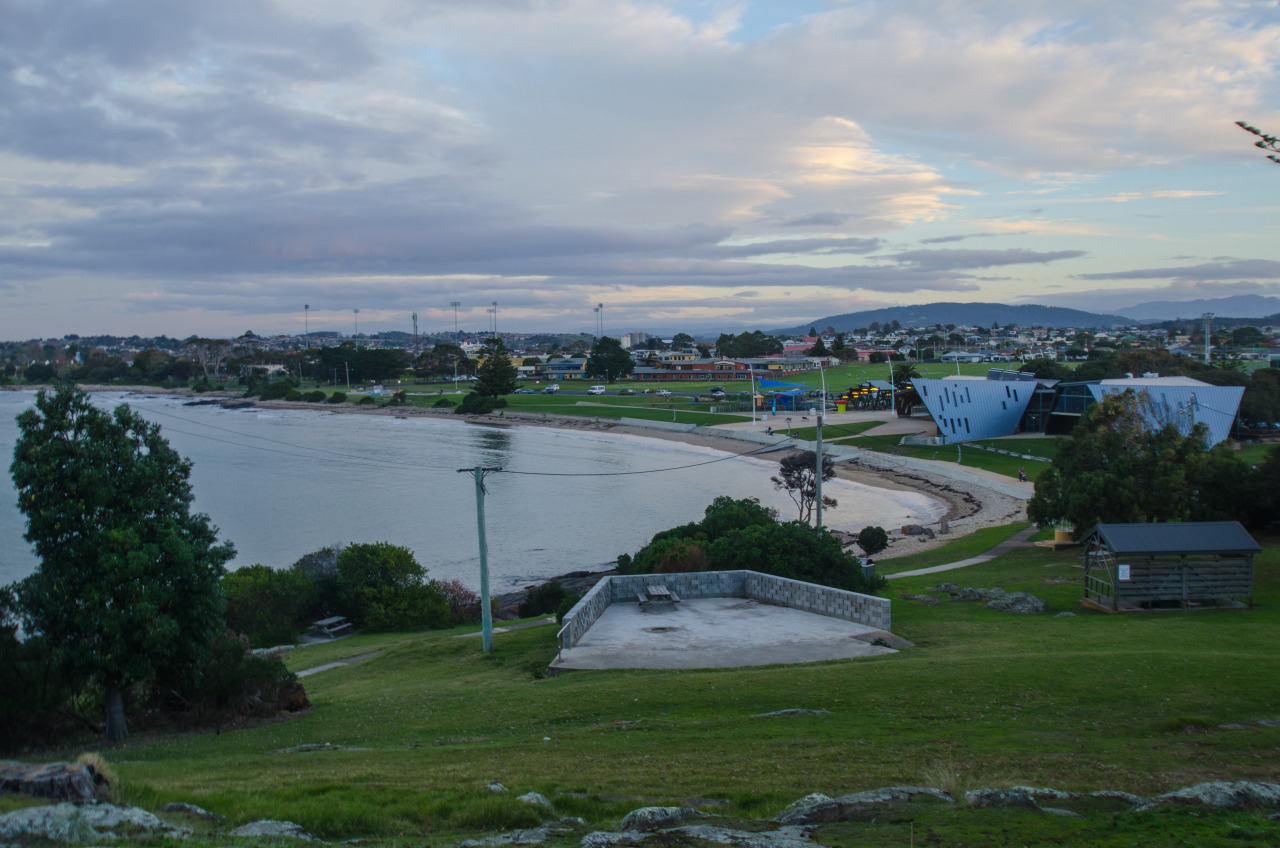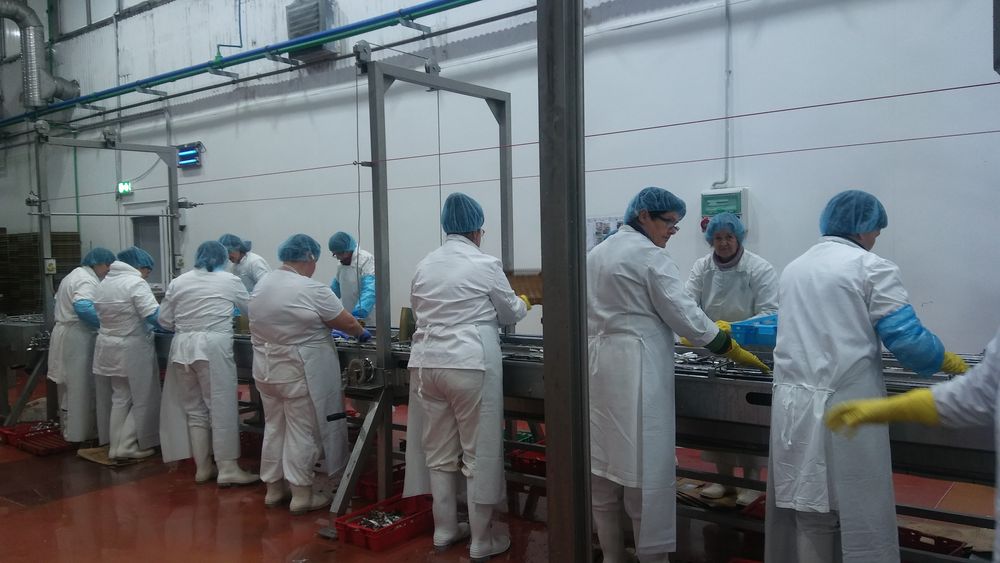

It was this very ethnic rivalry that led to Muhajir political mobilization, which was further provoked by the stagnant economy and the condition of Biharis in Bangladesh concentration camps. Muhajirs advanced in commerce and the bureaucracy, but many resented the quota system which facilitated Sindhis in gaining university slots and civil service jobs. Karachi was then home to a very diverse set of ethnicities including Urdu and Gujarati speaking immigrants, Punjabis, Pashtuns, Baluch and foreigners from several South Asian countries. Muhajirs were the Urdu-speaking Muslims, who migrated to Pakistan when the country was created after independence of British India in 1947.

MQM terminated Farooq Sattar's party membership for party rules violations, and he then formed his own faction. Nine Zero, the party headquarters in Karachi, was sealed, the party's leaders including Farooq Sattar were arrested, and most elected parliamentarians in the MQM were forced to disassociate themselves from Altaf Hussain. In August 2016, after Altaf Hussain's 22 August speech, there was military crackdown on the party. However, in 2015, MQM parliamentarians resigned from the National Assembly, Senate and Provincial Assembly of Sindh in protest against a crackdown on party supporters. The party has kept its influence over Pakistan's federal government as a key coalition partner since the late 1980s (1988-1990, 1990–1992, 2002–2007, 2008–2013). The MQM is generally known as a party that once held strong mobilizing potential in Karachi, having traditionally been the dominant political force in the city. In 1997, the MQM removed the term Muhajir (which denoted the party's roots among the country's Urdu-speaking community) from its name and replaced it with Muttahida ("United"). APMSO gave birth to the Muhajir Qaumi Movement in 1984. It was founded as a student organization, All Pakistan Muhajir Student Organization (APMSO), in 1978 by Altaf Hussain. MQM-London faction is controlled by Altaf Hussain from London, while MQM-Pakistan is run by Khalid Maqbool Siddiqui based in Pakistan. Currently the party is split between 2 main factions. The Muttahida Qaumi Movement (MQM) ( Urdu: متحدہ قومی موومنٹ, Muttaḥidah Qọ̄mī Mūwmaṅṫ), previously known as Muhajir Qaumi Movement, is a secular political party in Pakistan that was founded by Altaf Hussain in 1984. Without proper rendering support, you may see unjoined letters running left to right or other symbols instead of Urdu script. Many of the original industrial buildings are now entirely given over to artists’ and rehearsal studios, exhibition and performance spaces, and bars, while vibrant street art provides a new graphic overlay on some of the original buildings.Įxplore past and present uses of Fish Island's historic buildings with our interactive map.This article contains Urdu text. In 2009 over 600 creative businesses were counted here, including fashion and jewellery designers, photographers, graphic designers, musicians, film-makers and fine artists. Over the next 30 years, Hackney Wick became one of Europe’s most densely populated creative areas. But as one door closed, another opened, and in the 1980s the area’s relative affordability began to attract artists and designers.

Factories, pubs, schools and streets emptied, and vast warehouses were thrown up as distribution centres for products made outside the UK.

Hackney Wick and Fish Island’s boom years came to an end during Britain’s industrial decline in the 1960s, when it turned from a vibrant and populous place of production to a venue for waste disposal and recycling, storage and distribution. Fish Island also provided London’s burgeoning retail scene with an array of novelties, delights and conveniences including die-cast toy cars, chocolates, sweeties and waterproof clothing. The area became a centre of oil and tar processing, which in turn attracted industries including printing and dry cleaning.
FACTORY TOWN FISH FULL
But it was to be another 100 years before the area was in full industrial bloom, a condition bought about by the arrival of the Hertford Union Canal in 1830 and the railway in 1851. The first factory was a silk mill established in the sleepy hamlet of Hackney Wick in about 1787. Fish Island was uninhabited marshland for millennia before the industrialists arrived here in the 18th Century.


 0 kommentar(er)
0 kommentar(er)
